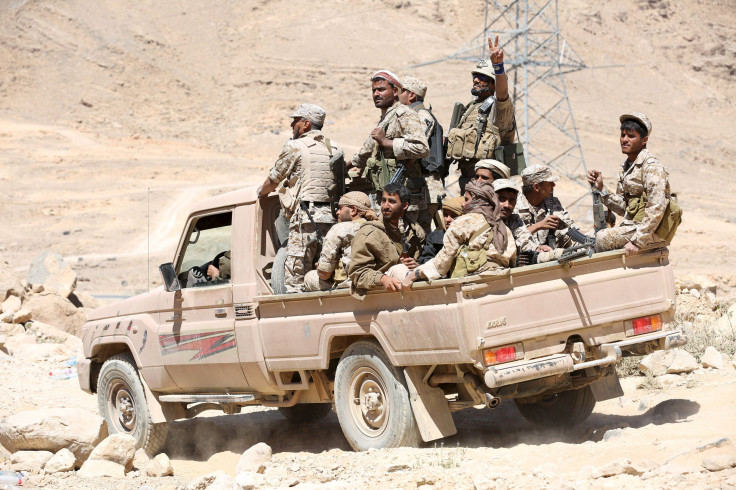Saudi Arabia Arms Embargo: EU Passes Resolution To Stop Humanitarian Breaches In Yemen Civil War

The European Parliament adopted a resolution Thursday calling for the introduction of an arms embargo against Saudi Arabia for its military action in Yemen. The EU wants its member states to enforce an embargo until investigators can decide whether forces under control of Riyadh breached humanitarian laws during the yearlong civil war in neighboring Yemen.
"The European Parliament's call for an arms embargo on Saudi Arabia is unprecedented and reflects growing frustration at the conduct of war in Yemen by the Saudi Air Force," said Greens/European Free Alliance foreign affairs spokesman Alyn Smith following the resolution's adoption, according to a Russia Today report. "Saudi Arabia is a top arms client of the U.K. and France, and there is evidence that these weapons have been used in gross violation of international law in Yemen, where thousands of civilians have been killed since the start of the war in March 2015."
Smith added that there are "real grounds to believe that EU-made weapons systems are being exported to Saudi," and he called on the EU's foreign policy high representative, Federica Mogherini, to investigate how an arms embargo might be implemented.
Great news! #EU Parliament voted FOR #armsembargo on #SaudiArabia over #Yemen concerns. Thanks to other MEPs for support.
— Alyn Smith MEP (@AlynSmithMEP) February 25, 2016
In an attempt to prevent the embargo on Saudi Arabia, the kingdom's representative to the EU, Abdulrahman al-Ahmed, wrote a letter to members of parliament laying out Riyadh's reason for military intervention in Yemen. In the document, which was obtained by the Guardian, al-Ahmed put the blame on Iranian proxies in the region and suggested that it had mostly offered humanitarian aid during the conflict so far. He also said that Saudi Arabia's actions were aligned with Western fears about Islamic extremism in the area.
If the resolution is fully implemented, it will be a blow to some European countries that have a robust defense business with Saudi Arabia. The U.K., for example, has sold $7.8 billion of military hardware since Prime Minister David Cameron came to power in 2010.
Since the start last March of the conflict in Yemen, which saw Sunni and Shia factions backed by Saudi Arabia and Iran, respectively, there have been 6,100 military and civilian deaths.
© Copyright IBTimes 2024. All rights reserved.












